If you have been paying attention to the media recently, you’ll know that marine pollution is a hot environmental issue. The disposal (both deliberate and accidental) of man-made materials into the ocean, known commonly as marine debris, are having a significant impact on marine life worldwide.
Of these debris, the largest threat comes from plastic. About 10 million tonnes of plastic ends up in the oceans each year. That amount can be hard to visualise, so I did some quick calculations.
10 million tonnes is equivalent to:
- 27,700 A380 Jets
- 1.6 million elephants
- 65 Cargo ships
- 162 million humans
- 66,000 blue whales (That’s about three times more than the current estimated population of Blue whales)
- 125 million great white sharks.
That’s a whole lot of plastic.
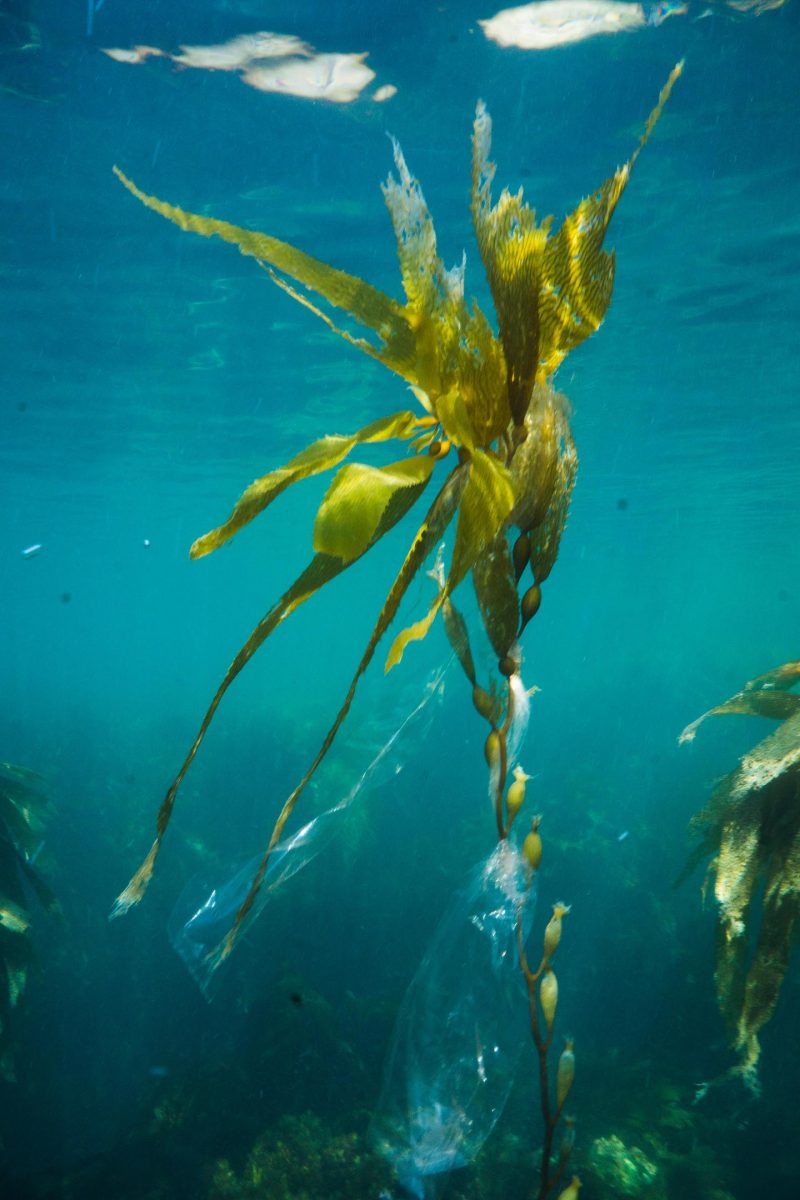
Photo: Joanna Smart
Sadly, plastic is not the only form of pollution that ends up in our oceans. Other sources include fishing equipment, food waste, cloth, metals, glass, ceramics, rubber, paper and cardboard. Debris can be transported thousands of kilometres from their original source thanks to powerful ocean currents. This often results in animal entanglement, ingestion by wildlife, habitat damage and even the transport of invasive species.
It is quite clear that something must be done about marine debris. For me, the question remained, how can I make a difference?
I was keen to use my scholarship year to explore this area further, so when I met the team at Project Aware, I was excited to learn about their Dive Against Debris program.
Project Aware is a not for profit organisation that works with divers to create local and global change for the ocean. As part of their mission for a clean, healthy ocean, Project Aware launched Dive Against Debris in 2011. The project aims to utilise citizen science to help collect information regarding the type, amount and distribution of Marine Debris.
Since its launch, Dive Against Debris survey divers have removed over 1.4 million pieces of debris from the ocean. The great thing about this program is anyone can join in and contribute to the cause. Currently, there are more than 50,000 community members spanning 114 countries!
Even better, the data collected on the surveys contributes directly to scientific research.
Excited about the success of this program, I decided to conduct a survey dive of my own at one of my favourite local dive sites.
The very first thing I noticed about Dive Against Debris is how easy it is to get started. After signing up online, I read through the survey manual and associated materials and was ready to go!
I headed to my local dive site with my dive buddy and we set about collecting debris. We quickly found fishing rod handles and empty plastic bottles scattered amongst the sea grass.
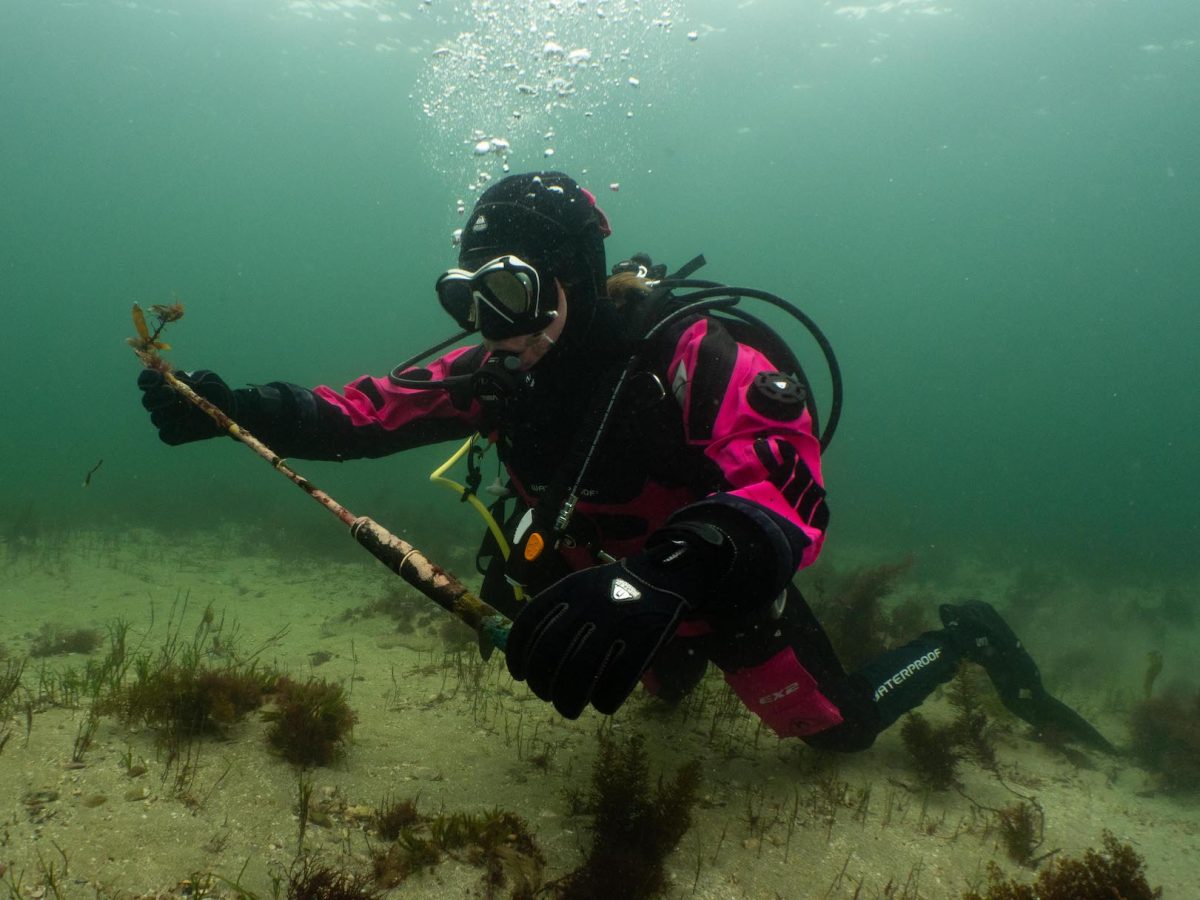
Photo: Hugh Nichols
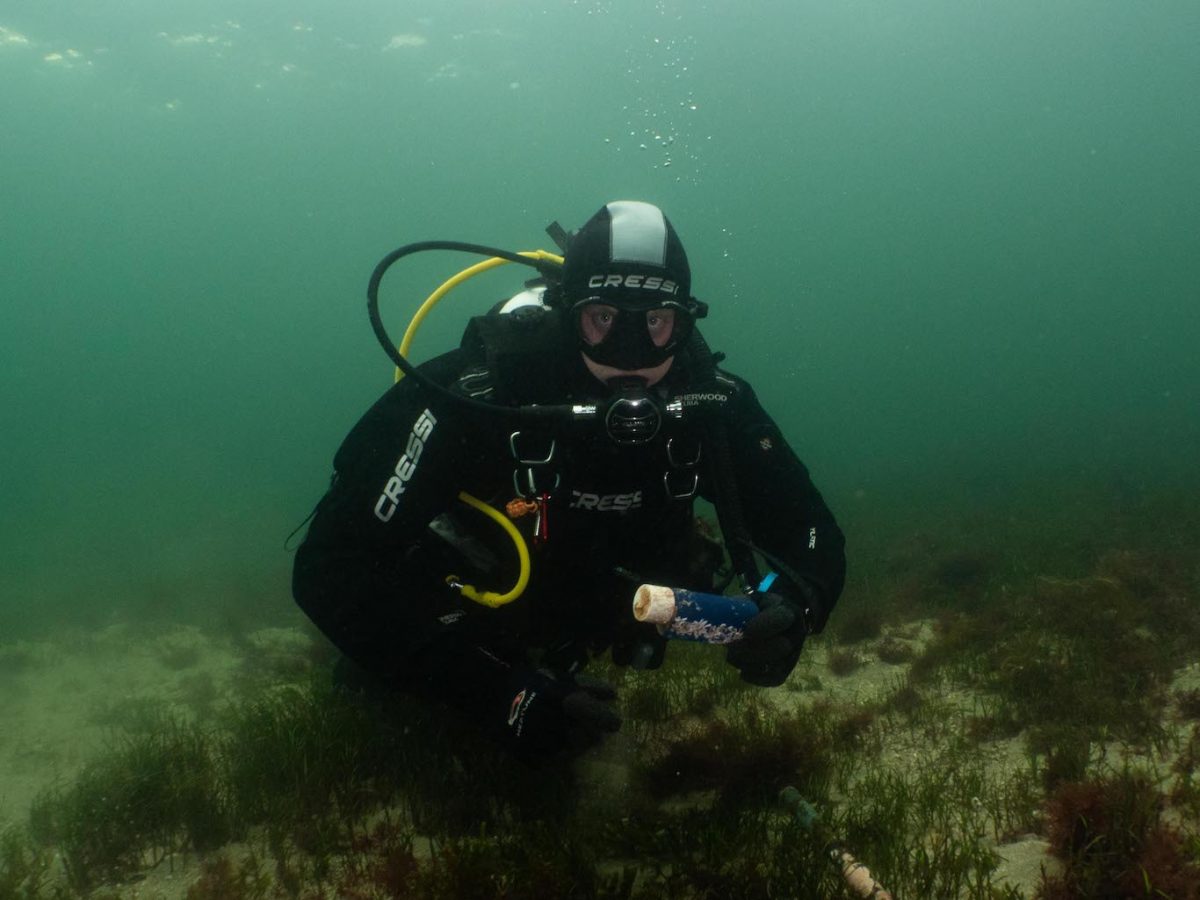
Photo: Joanna Smart
Although the data suggests that marine debris is distributed globally, it was a shock to find so much debris this close to home.
After collecting the debris, we took our items back to shore, weighed them and entered our data.
Project Aware makes it incredibly easy to do this via their app. You simply ‘add a survey’, enter the details of your dive and Voila! Survey completed. Once approved, the data is added to the Project Aware global database which can be used for future research, conservation and mitigation programs.
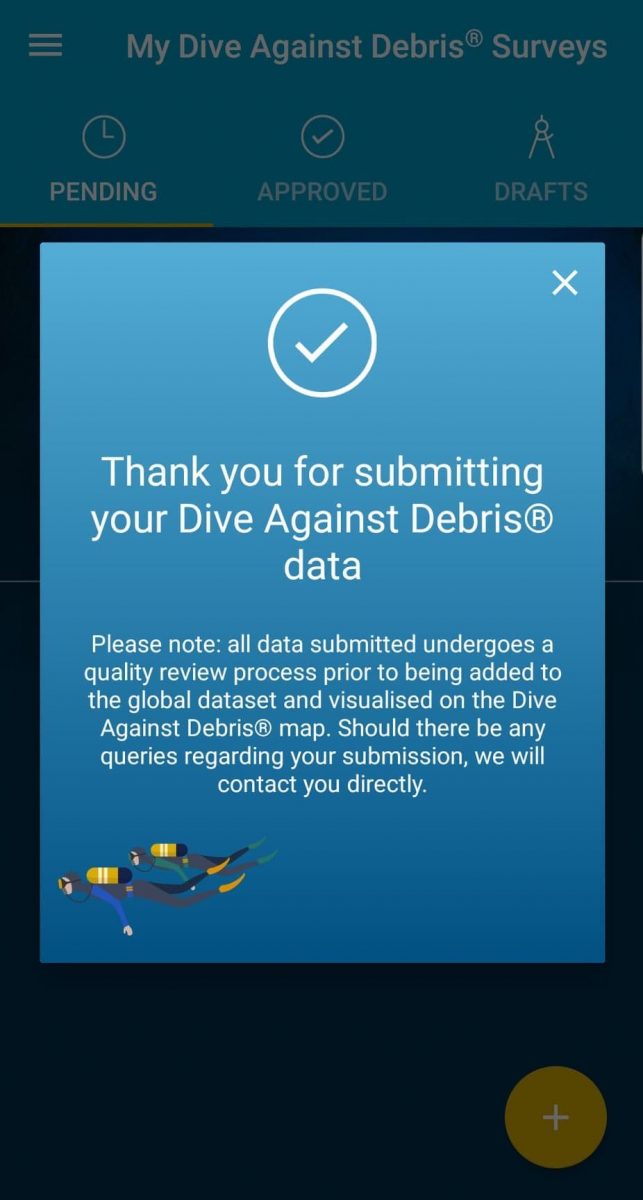
I was excited to see my dive pop up on the map amidst hundreds of other surveys. It was great to see how widespread the surveys are. As scuba divers, we are some of the most passionate advocates for the ocean. For anyone, no matter location or level of training, to be able to contribute such an important overall project is absolutely fantastic.
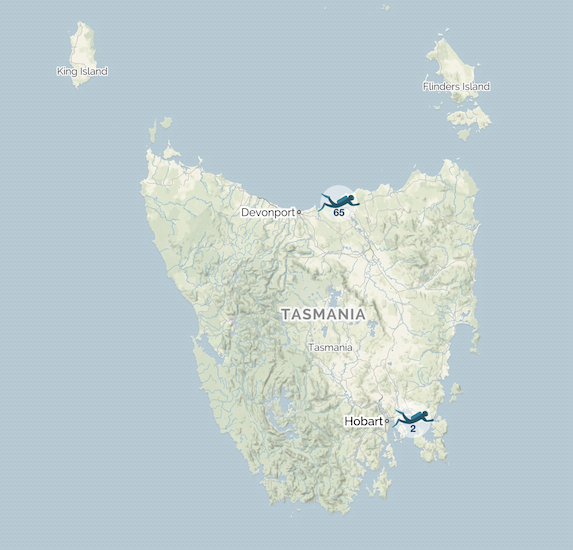
Project Aware make it easy to incorporate these techniques into any dive. You can collect debris whilst taking photos, exploring a new dive site or simply diving for fun. If you are diving a site frequently, you can also elect to Adopt a Dive Site and record data for one site over a duration of several months.
If you love diving and are looking for a way to make a meaningful contribution, head online to Project Aware and sign up.
Thanks to Rolex and the Our World Underwater Scholarship Society for giving me the opportunity to explore important issues like marine debris. I have already learnt so much this year about our oceans and can’t wait to keep learning throughout the year. Also a big thank you to Waterproof and Tusa for keeping me warm and dry underwater, to Mako Eyewear for looking after me topside and to Reef Photo and Video and Light and Motion for giving me the gear to document these experiences.